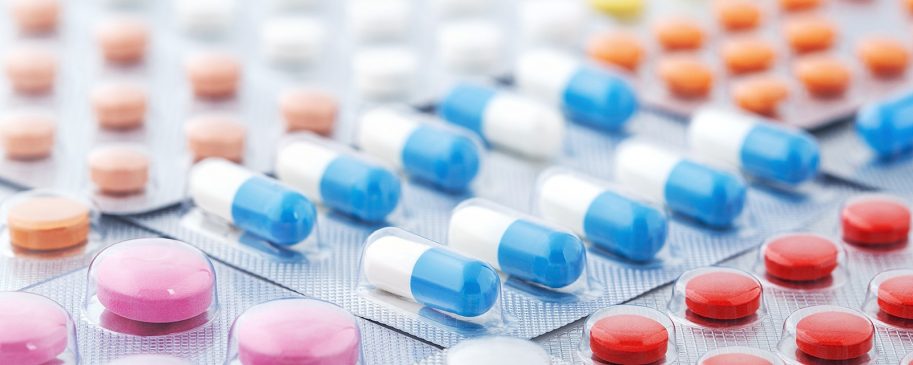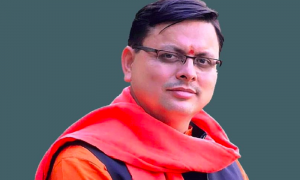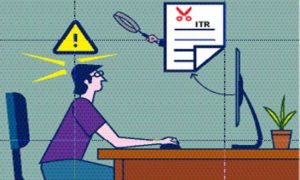NEW DELHI: In a move that is expected to bring relief to many patients by bringing down cost of healthcare, the Centre may announce a crucial decision on August 15 to significantly bring down prices of some critical medicines such as those for cancer, diabetes and cardiovascular diseases, official sources said.
While the government has prepared a few proposals, a final decision about the announcement is yet to be taken. Officials said the Centre is concerned about the high price of certain critical drugs and is keen to regulate them. “Once the proposal goes through, the price reduction will be to the tune of 70%,” a source said. The Centre is also working to revise the National List of Essential Medicine (NLEM), 2015, to include drugs that are currently in wide circulation.93080800
The government is also mulling to cap high-trade margins on drugs that are used by patients for a long period. TOI had on July 22 reported that health minister Mansukh Mandaviya has called for a meet with representatives of the pharma industry on July 26 to discuss the final proposal. An analysis of prices, cited by the source, shows the trade margin on certain drugs to be as high as over 1000%. At present, drug price regulator NPPA caps prices of over 355 drugs that are part of NLEM. Trade margins on such scheduled medicines are also regulated at 8% for wholesalers and 16% for retailers.
60% of patients still forced to pay for medicines
Drug price regulator NPPA currently caps prices of over 355 drugs that are part of National List of Essential Medicines (NLEM) and notified under Drugs Price Control Order. Trade margins on such scheduled medicines are also regulated at 8% for wholesalers and 16% for retailers. All the manufacturers of these drugs are required to sell their product equal to or lower than the ceiling price.
However, companies are free to fix the price for all other medicines that are outside the government’s direct price control, even as they can increase the price of such drugs only by 10% annually. Often the trade margin on such drugs is exorbitantly high and impacts the patients because many such medicines constitute the regular medical bills, affecting the overall household expenditure on healthcare.
Medicines constitute a majority of the amount spent ‘out of pocket’ on health and while the government has taken a slew of steps to control this, the reality is that over 60% of the patients are still forced to pay for medicines on their own. In February 2019, NPPA capped trade margins of 41 anti-cancer medicines at up to 30% on a pilot basis using extraordinary powers under the DPCO in public interest, which resulted in 90% reduction in MRP of 526 brands of these drugs. Besides, the government also fixed prices of coronary stents and knee implants.
In August 2021, the health minister told Parliament that the total annual savings on account of revision of ceiling prices of medicines under the NLEM, price control of anti-diabetic and cardiovascular medicines, knee implants and capping of TMR on anti-cancer are estimated to the tune of Rs 12,500 crore.





































